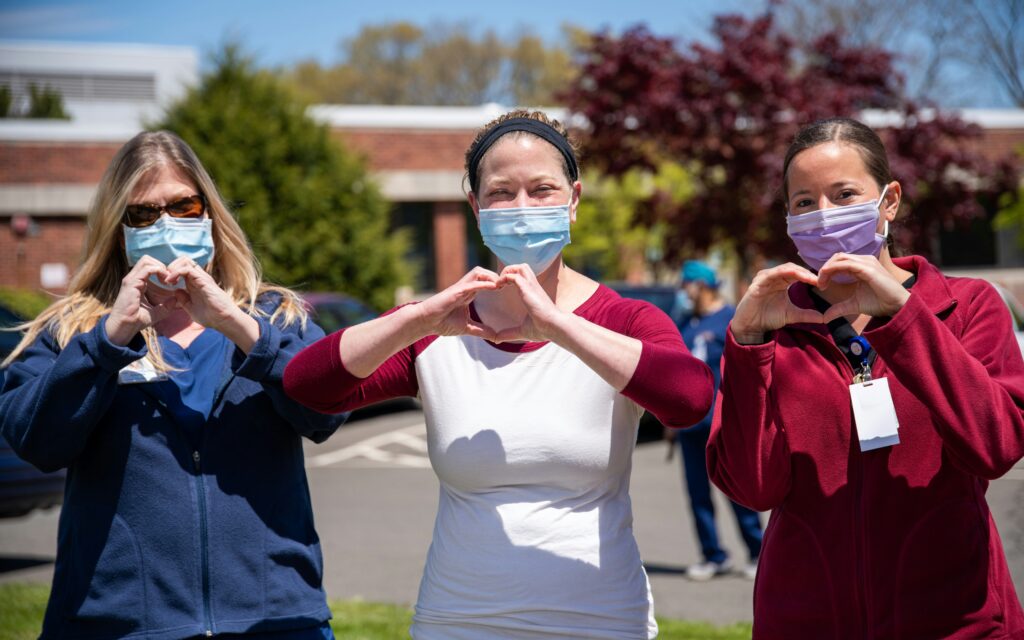Community Healthcare Stories That Inspire Connection

Uche Nwizu, Clinical Pharmacy Manager
By Clinical Pharmacy Manager Uche Nwizu
At Neighborhood Health Center (NHC), patient care is at the heart of what we do. But often, care goes beyond lab values, prescriptions, or referrals. It’s about being a trusted face, a familiar voice, or simply a steady presence in someone’s life.
The following stories remind us that community health is more than medical care. It’s connection, dignity, and belonging.

“All My Nurses Are Here”
Lori* came rolling down the hallway of our Milwaukie clinic in a wheelchair, just discharged from the hospital after a serious episode of kidney failure and pancreatitis. Despite everything her body had been through (and the long list of medications she manages daily for over twenty chronic conditions), her face was glowing.
As she passed the front desk and the medical assistant station, a chorus of greetings followed her:
“Hi, Lori!”
“Hello, Lori!”
“Hey there, Lori!”
She smiled and waved like a celebrity returning home. When we sat down in the exam room, I joked, “Lori, you’re famous! Everyone was saying hello to you.”
She grinned and said, “Yeah! All my nurses are here.”
That moment stuck with me. To Lori, we weren’t just her care team — we were her people. Beyond treatment plans and medications, she felt belonging. And in return, she reminded us why this work matters.

R.E.S.P.E.C.T.
Anita* was 70, living with diabetes, several cardiovascular conditions, and schizophrenia. She came to us for more hands-on care and support managing her medications.
Together, we simplified her complex regimen and set up weekly visits to monitor her insulin. Week after week, she came faithfully. By her fourth visit, she surprised me:
“You know, I don’t think I like seeing you every week,” she said matter-of-factly.
I offered alternatives and reminded her she’d struggled to read her glucometer. Without missing a beat, she pulled it out and read the numbers aloud perfectly.
“I didn’t know you heard anything I said,” I admitted.
“I did,” she replied with a smile. Then, with quiet strength, she added: “I’m not stupid.”
Her words humbled me. I had underestimated her, and she reminded me of the respect every patient deserves. Months later, when Anita called to say she was being taken to the hospital, it was her way of trusting us to know what was happening. That message, brief but personal, has stayed with me.
*Patient names have been changed for privacy.